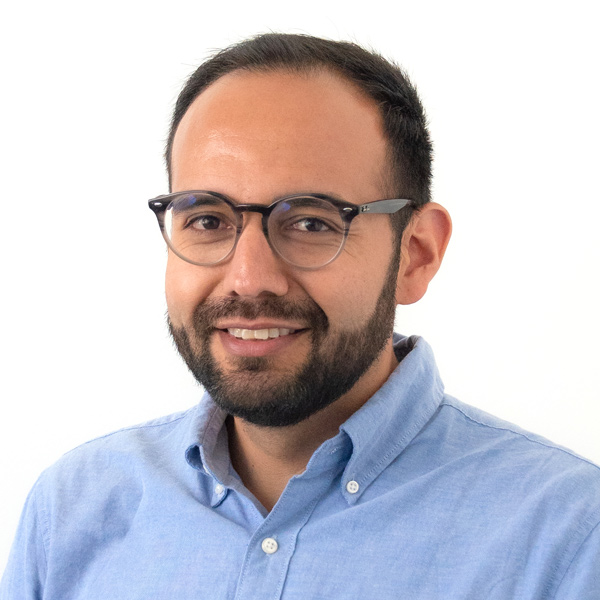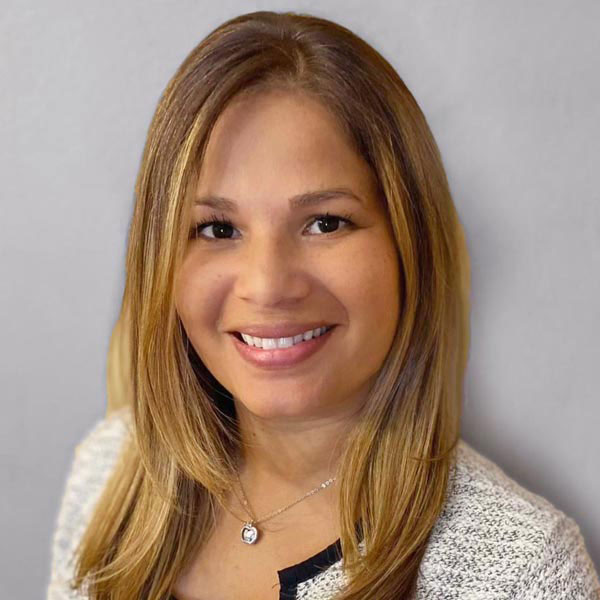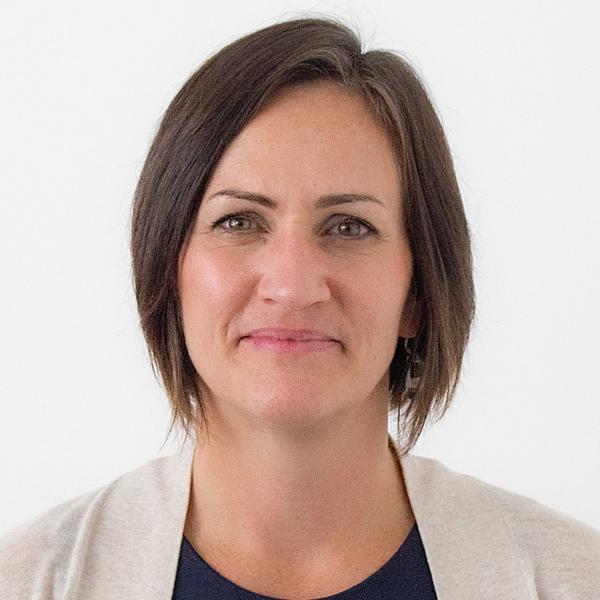Developing Oregon’s Multilingual Learner Strategic Plan

Multilingual learners bring valuable cultural and linguistic assets to the classroom. However, systemic inequities in multilingual learners’ access to high-quality educational content and supports contribute to suboptimal outcomes in K–12 education.
Oregon House Bill 3499 directed the Oregon Department of Education (ODE) to develop a statewide plan to guide the state in addressing these disparities. ODE partnered with Education Northwest to develop the Oregon Multilingual Learner Strategic Plan.
Collaborating Early and Often
ODE had already been working on a vision for a statewide strategy to support multilingual learners classified as English learners. Our first step was to work closely with ODE to take stock of the project. We then collaborated on developing a shared vision for the new plan.
Multilingual learners as a group encompass many experiences. It can include students classified as English learners as well as students in dual language programs and those who are not classified as English learners but do speak a language other than English at home. A plan for supporting this diverse group of learners requires the input of many people in different roles, including educators and parents. We started planning extensive outreach right away to ensure the final plan would incorporate the perspectives and knowledge of educators and parents from diverse communities.
Including Educator and Community Voices
The strategic plan needed to present the state’s goals for multilingual education and give both the state and individual districts specific action steps. We met frequently with teams from ODE as well as a workgroup comprised primarily of the English Learner Advisory Group, which advises the state on English learner education and includes educators, parents, and university faculty members.
While Latine Spanish speakers are the largest single group of multilingual learners in Oregon, the plan considers diverse identities, including speakers of the approximately 200 languages represented in the state’s school system. To incorporate a range of perspectives, we met with family and community members with diverse language backgrounds as well as communities with diverse racial and ethnic identities.
Together, ODE and Education Northwest undertook an iterative and collaborative process that included over 60 focus groups attended by more than 400 individual participants. We also conducted a statewide survey open to all educators and administrators in the state. This included not just English language development teachers but those focused on college and career as well as academic standards. The survey covered the plan’s early mission, vision, and focus, as well as things that are currently working well in Oregon’s multilingual education and areas that need improvement.
Implementing the Plan to Support Multilingual Learners
The new Oregon Multilingual Learner Strategic Plan centers students classified as English learners—both because they generally need the most support and to follow the spirit of state law. By supporting English learner students, ODE also expects to help other multilingual learners, such as students participating in dual language programs.
The plan includes four priority areas:
- Authentic and responsive community engagement and partnerships
- Systems, instruction, and assessment improvements
- Transformative educators and administrators
- Pathways to multilingualism
The plan outlines goals for each priority area and action steps to achieve them. Because the plan doesn’t include new funding for implementation, the partners were careful to involve various state offices in developing the plan to align it with existing funding sources and initiatives such as Oregon’s other student success plans.
One aspect of the plan’s implementation is a statewide professional learning community for educators, which will initially focus on supporting newcomer students—those born outside the United States and Puerto Rico and educated in the U.S. for fewer than three cumulative years. Another aspect is the continued involvement of the English Learner Advisory Group, on which Education Northwest’s Manuel Vazquez Cano will serve.
The development of the Oregon Multilingual Strategic Plan hinged on collaboration. For Education Northwest, the project was an opportunity to involve staff members with a variety of areas of expertise, ranging from research to practice. Pre-existing relationships with ODE staff members and with community-based organizations—who were instrumental in organizing parent focus groups—were also critical.
With the plan complete, Oregon is now ready to continue implementation in 2025 and beyond. The plan’s priority areas, goals, and action steps will guide both the state and its school districts in supporting multilingual learners for years to come.
Download Case Brief
Project Team
-

-

Lymaris Santana
-

